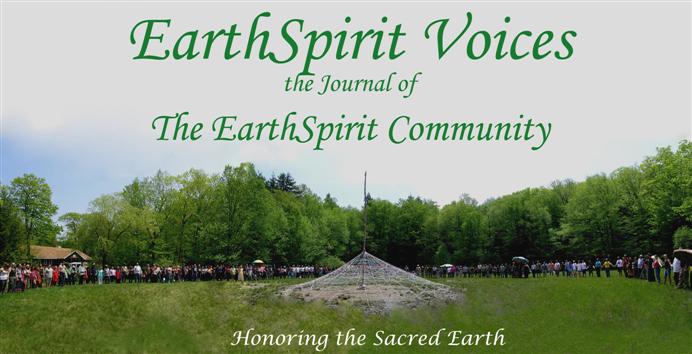In the U.S., w e are mostly used to hearing the word “parliament” in reference to governmental, legislative bodies, such as the British or Australian Parliaments. This at times leads to misunderstandings regarding the function of the Parliament of the World’s Religions --- some people seem to think it is a decision-making religious coalition, or an international body that arbitrates and settles disputes among the various religions, or a “congress” of faiths to which representatives must somehow be elected or appointed by their spiritual communities in order to participate in it.
e are mostly used to hearing the word “parliament” in reference to governmental, legislative bodies, such as the British or Australian Parliaments. This at times leads to misunderstandings regarding the function of the Parliament of the World’s Religions --- some people seem to think it is a decision-making religious coalition, or an international body that arbitrates and settles disputes among the various religions, or a “congress” of faiths to which representatives must somehow be elected or appointed by their spiritual communities in order to participate in it.
The PWR is none of those things; it is, rather, an open forum, a vehicle for dialogue, drawing both its name and its focus from the original sense of the term “parliament,” the French parler, “to talk.” The Parliament’s goal is to bring together people from as many spiritual traditions as are willing to participate and, in an atmosphere of mutual respect and openness, discuss not only specifically religious issues, beliefs and practices, but also the perspectives of the various religions on how to address some of the major social problems facing us today.
The topics can range from the ordination of women into the priesthood, to the ethics of proselytism, how various religions view same-sex marriage, the best approaches to religious education, the eradication of poverty and racism, the protection of civil rights for minority reli gions, spiritual perspectives on the environment, the development of a gender-inclusive religious language, the plight of indigenous peoples, religion and reproductive rights, the creation of effective interfaith ceremonies, the waning role of religion in society, reclaiming a sense of the Sacred in an increasingly materialistic world, the elimination of religious violence and prejudice, etc.
gions, spiritual perspectives on the environment, the development of a gender-inclusive religious language, the plight of indigenous peoples, religion and reproductive rights, the creation of effective interfaith ceremonies, the waning role of religion in society, reclaiming a sense of the Sacred in an increasingly materialistic world, the elimination of religious violence and prejudice, etc.
These and many other topics are addressed through a wide range of modalities, including observances and ceremonies, lectures, intra- and inter-religious panel discussions, films, exhibits, demonstrations, and artistic performances. The ultimate aim of the discussions is not mere talk, of course, but rather, to turn all that talk into specific action that can have a positive effect in the world.
The fact that pagans and other minority religions have been included in these dialogues since the very first modern Parliament is a testament to the organization's willingness to include all points of view. In our community, the question is often raised --- generally with concern or mistrust --- as to "how could anyone possibly state the pagan point of view" on any of the many discussion topics, given the lack of centralized structure, homogeneity, or designated authority figures in the pagan movement. 
The answer is quite simple and (one would hope) reassuring: no one does, because no one can --- there simply isn't such a thing as the pagan perspective on any issue. But, on the other hand, any one of us can offer a pagan perspective, a point of view shaped and informed by our own experiences of pagan spirituality. In fact, this is really not that different from what the majority of other religions do: at the Parliament, one seldom hears anyone professing to speak with complete authority on behalf of a particular religion. In the rare cases when such a thing happens, there will inevitably be dissenting voices from other members of that religion challenging the validity of a monolithic view.
By reaching deep within the richness of our spiritual traditions to articulate thoughtful and cohesive pagan perspectives, and by letting our voices be heard clearly on forums such as the Parliament, we can contribute something of value to the ongoing worldwide interreligious conversation and help to make some positive changes in the world.
In my next post, I will share three concrete examples in which I was asked to offer a pagan point of view on some of the key discussion topics of the Melbourne Parliament.
.jpg)



No comments:
Post a Comment